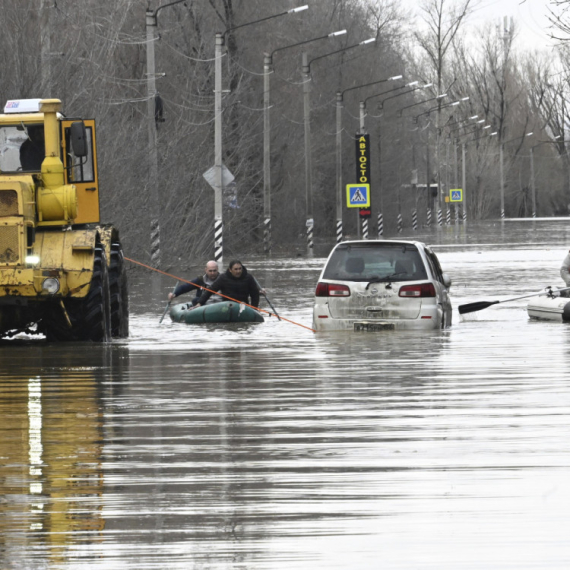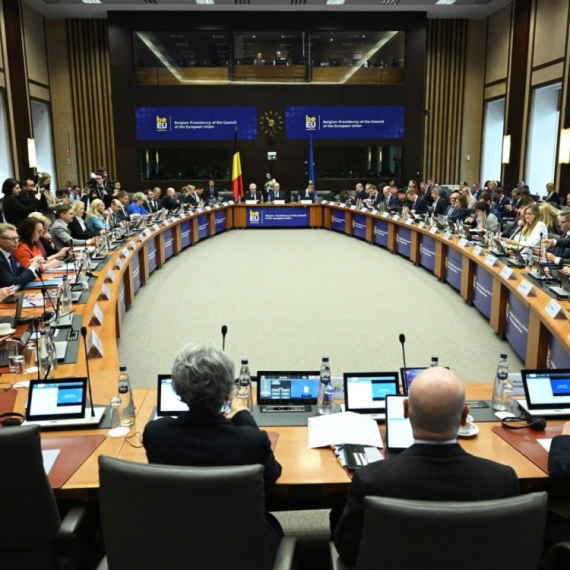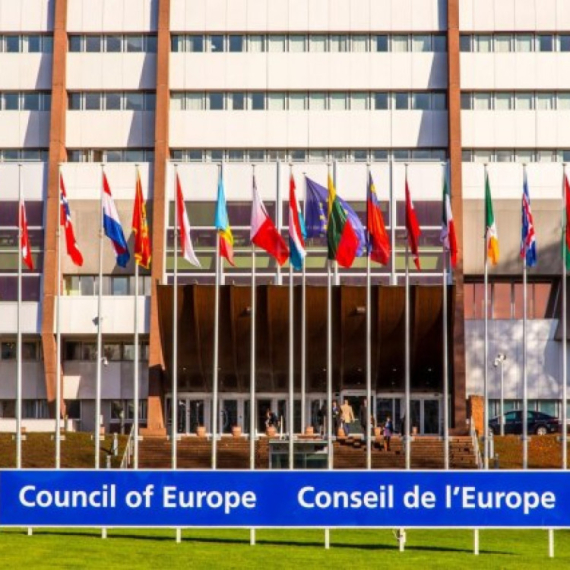NBS measures produce results, governor says
National Bank of Serbia (NBS) Governor Jorgovanka Tabaković has said that NBS measures to restore bank lending as core activity have already produced results.
Saturday, 26.01.2013.
14:57

BELGRADE National Bank of Serbia (NBS) Governor Jorgovanka Tabakovic has said that NBS measures to restore bank lending as core activity have already produced results. “Trading with the banks is one of the common operations by which the NBS withdraws excess liquidity, but the central bank does not buy all the surplus and at the highest price, and this has already showed results,” the governor told Tanjug. NBS measures produce results, governor says "However, lending is not increasing, not because the banks do not want to grant loans, but rather because the economy does not have a lot of orders from Europe, which is in recession, that is from its traditional customers. Besides, many people lose their jobs, so they avoid borrowing," Tabakovic noted. “Bank charges and interest rates are very high in Serbia, higher than in other countries, which is partly justified, but there are also numerous excuses here in Serbia,” she said. "Inflation is one of the reasons, but it is high public expenditure and food prices that makes it so high," the NBS governor pointed out. "Credit rating, which has a lot of hard measurable elements, including those that could be hardly justified, undoubtedly influences the amount of interest," Tabakovic explained. Speaking about non-performing loans in the economy, she said that the greatest number of investments went in real estate, construction and trade. “Today, when we feel the effects of the crisis, these three areas are the biggest risks for banks, since the largest percentage of non-performing loans is precisely there,” she added. “The lowest number of loans in the structure of commercial banks' loans goes to production and exports," Tabakovic concluded. Jorgovanka Tabakovic (Beta) Tanjug
NBS measures produce results, governor says
"However, lending is not increasing, not because the banks do not want to grant loans, but rather because the economy does not have a lot of orders from Europe, which is in recession, that is from its traditional customers. Besides, many people lose their jobs, so they avoid borrowing," Tabaković noted.“Bank charges and interest rates are very high in Serbia, higher than in other countries, which is partly justified, but there are also numerous excuses here in Serbia,” she said.
"Inflation is one of the reasons, but it is high public expenditure and food prices that makes it so high," the NBS governor pointed out.
"Credit rating, which has a lot of hard measurable elements, including those that could be hardly justified, undoubtedly influences the amount of interest," Tabaković explained.
Speaking about non-performing loans in the economy, she said that the greatest number of investments went in real estate, construction and trade.
“Today, when we feel the effects of the crisis, these three areas are the biggest risks for banks, since the largest percentage of non-performing loans is precisely there,” she added.
“The lowest number of loans in the structure of commercial banks' loans goes to production and exports," Tabaković concluded.
























































Komentari 3
Pogledaj komentare